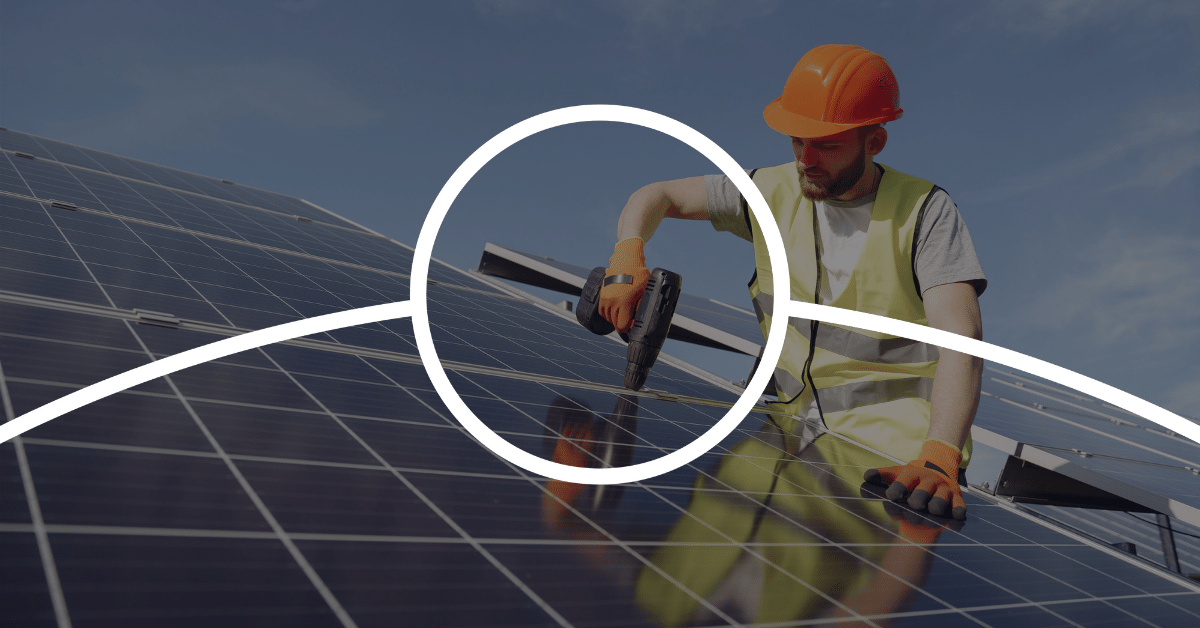Skillnet Ireland Policy and Research Adviser Cathal McSweeney examines the key objectives of the Climate Action Plan and outlines the essential role talent plays in meeting them.
When the pandemic subsides, an even greater global challenge will still loom large – the climate crisis. The collective response to the pandemic, including the development of a vaccine in under 12 months, should inspire people about what can be accomplished in the face of an urgent global public policy challenge.
Much of what needs to be achieved to tackle climate action can be seen by examining the roadmaps set out by policy experts, scientists, and political decision–makers in the Paris Agreement, the European Green Deal, and Ireland’s Climate Action Plan and Climate Action Bill.
The Climate Action Plan and the New Climate Action Bill
Ireland’s Climate Action Plan (2019) and the Climate Action and Low Carbon Development (Amendment) Bill (Climate Action Bill) highlights the warming of our climate and the need to urgently prioritise the transition to a climate resilient, biodiversity-rich, environmentally-sustainable and climate-neutral economy for the benefit of our economy and society.
Ireland’s climate goals are ambitious – net zero by 2050, with a 51% reduction in emissions by the end of this decade. This Climate Bill also ‘embeds the process of setting binding and ambitious emissions-reductions targets in law’ and strengthens the role of the Climate Change Advisory Council to enable it to propose Carbon Budgets which must be consistent with the aforementioned Paris Agreement.
Meeting the 2030 and 2050 targets will require a transformational shift in the way our society and economy operates – the new Bill has amplified this shift. One certainty is that there must be an intensified focus on skills and talent to achieve these goals. Now, more so then ever, as we transition towards a sustainable future, every community, industry sector, and citizen will play a pivotal role.
Talent for Ireland’s Green Economy
To deliver this transition, Ireland needs enough workers with the right skills for a broad range of specialist and technical areas and in general business. The development of skills for green jobs is crucial to ensuring an efficient transition to a green economy by matching supply and demand for skills. It is also vital in helping workers adjust to a rapidly–changing workplace.
As the requirement for skills will grow in some new sectors, in other areas, workers will face changing roles or job losses, and need targeted supports to reskill. Working in partnership with industry to determine the potential impact of this transition on business sectors and developing programmes which meet new skills demands is at the core of Skillnet Ireland’s 2021-2025 statement of strategy.
Skills development is critical to unlocking the employment potential of green growth. In addition, successful transitions from old to new and greener industries and occupations will require efficient retraining and skills upgrading. For example, with the increased reliance on renewable energy, specialised engineers will be needed to carry out work on large scale wind farms and on domestic micro-generation heat pumps and Solar Photovoltaics (PV). The ambitious acceleration of Electric Vehicles (EV) into the Irish market over the next decade will lead to a demand for EV mechanics. More retrofitters will have to be trained to upgrade the housing stock.
Green innovations from high-tech developments such as ‘hybrid’ car engines to new waste management technology means engineers and technicians need to master new ways of working. Changing consumer demands, such as the demand for organic food or green production methods, is creating entirely new industries requiring skills that workers in conventional food production do not possess.
What is known is that there is a need to upskill the workforce across all sectors and job roles. This is essential for the implementation of greener means of production and service delivery. Ultimately, it is workers with the right knowledge and skills who will develop and maintain the technology, green production processes, and sustainable investment strategies.
Speaking about our approach, Tracey Donnery, Executive Director at Skillnet Ireland said:
“Climate Ready has been developed following deep engagement with industry. The future skills needed to drive the transition to a low carbon economy are constantly evolving. Through Climate Ready, Skillnet Ireland, in collaboration with our industry partners are committed to supporting Irish businesses in developing the talent they need to thrive in the green economy.”
Looking forward – Green Skills, Green Future
The worldwide response to Covid-19 has demonstrated that, with enough urgency, any global crisis can be tackled. Climate will prove to be a more persistent challenge.
What is clear is that Ireland’s climate ambitions cannot be achieved without a skills revolution. While the Climate Action Plan 2021 will set out the roadmap to bring us to zero net carbon, skills and talent are the vehicle that will drive us there.
Climate Ready is part of a broad talent ecosystem designed to support the development of Ireland’s workforce, and complements a range of other supports from other government agencies, academic institutions, industry bodies and businesses.
At Skillnet Ireland, we will continue our work to support businesses in meeting the talent demands of building a low-carbon economy. Climate Ready can enable businesses to continue to transform ideas and ambitions into practical solutions which can deliver real results for our economy and climate.
The future is green, the future is talent-driven.
Stay connected with Skillnet Ireland
Receive regular news and insights from the world of talent development straight to your inbox.
By adding my email, I agree to the use of my personal data in accordance with Skillnet Ireland Privacy Policy.



